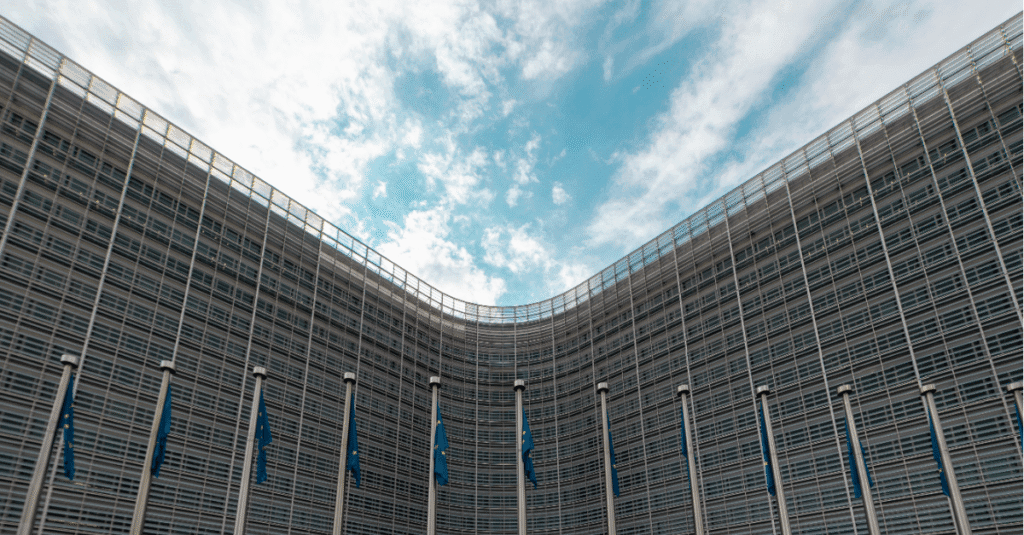Industrial government policies establish what will be prescribed for excise, which is often used as a taxation system to influence the consumption of certain goods, and achieve desired policy outcomes.
Excise duty is also a hypothecated tax, where public funds are collected on behalf of a specific cause. The proceeds of excise duty are directed to the consequences of excise consumption, for example tobacco excise is used to treat tobacco-related health issues in public funded hospitals, and establish tobacco related public heath campaigns.
Fuel duties are used to create roads and highways, and develop new technologies for non-polluting fuels. Alcohol excise duty is directed to treat the consequences of alcohol-related illnesses.







